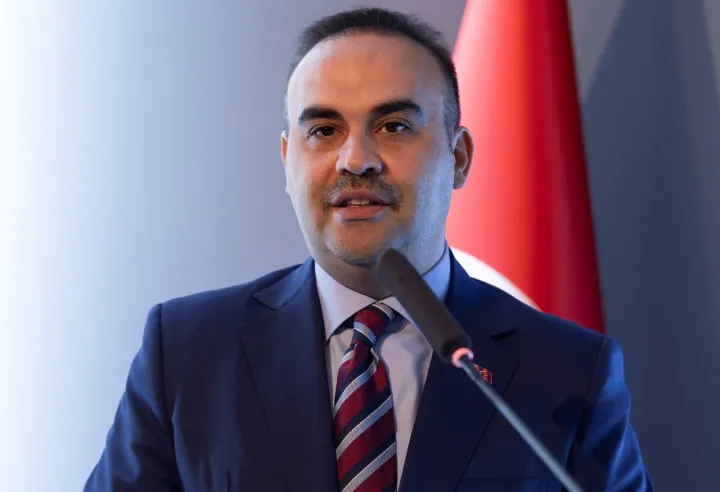Almost seven months of war between Sudan’s military and a paramilitary group have left a wave of destruction with over half of the population in need of humanitarian aid and raised fears of a repeat of the deadly communal conflict in Darfur 20 years ago.
“What is happening is verging on pure evil,” the United Nations humanitarian coordinator in the African nation said Friday.
Sudan has fallen out of the spotlight since it was engulfed in chaos starting in mid-April, when simmering tensions between military chief Gen. Abdel-Fattah Burhan and the commander of the paramilitary Rapid Support Forces, Gen. Mohamed Hamdan Dagalo, exploded into open warfare.
But Clementine Nkweta-Salami, the resident UN humanitarian coordinator for Sudan, told a United Nations news conference that “the situation is horrific and grim” and “frankly, we are running out of words to describe the horror of what is happening.” She stressed that “the Sudan crisis has few equals.”
Few equals
Fighting is continuing to rage despite the warring parties signing a statement after peace talks in Jeddah, Saudi Arabia pledging to protect civilians and provide unimpeded humanitarian access to the 25 million people who require assistance, she said.
The warring generals made a commitment to establish a Humanitarian Forum, with UN participation, Nkweta-Salami said. And after its launch on Monday, the UN hopes that their commitments in Jeddah will be implemented.
She said the decimated health sector — with more than 70% of health facilities in conflict areas out of service — was extremely worrying giving outbreaks of cholera and dengue fever, malaria and measles; reports of escalating violence against civilian s; and fighting spreading to Sudan’s breadbasket.
“What we see is rising hunger,” the humanitarian coordinator said, and high levels of malnutrition among children.
The UN is targeting about 12 million people for aid — about half those in need. But its appeal for $2.6 billion for the 2023 humanitarian response in Sudan is just over a third funded, and Nkweta-Salami urged donors to provide additional money.
She stressed that access to things like hotspots along with protection of civilians are key challenges.
























